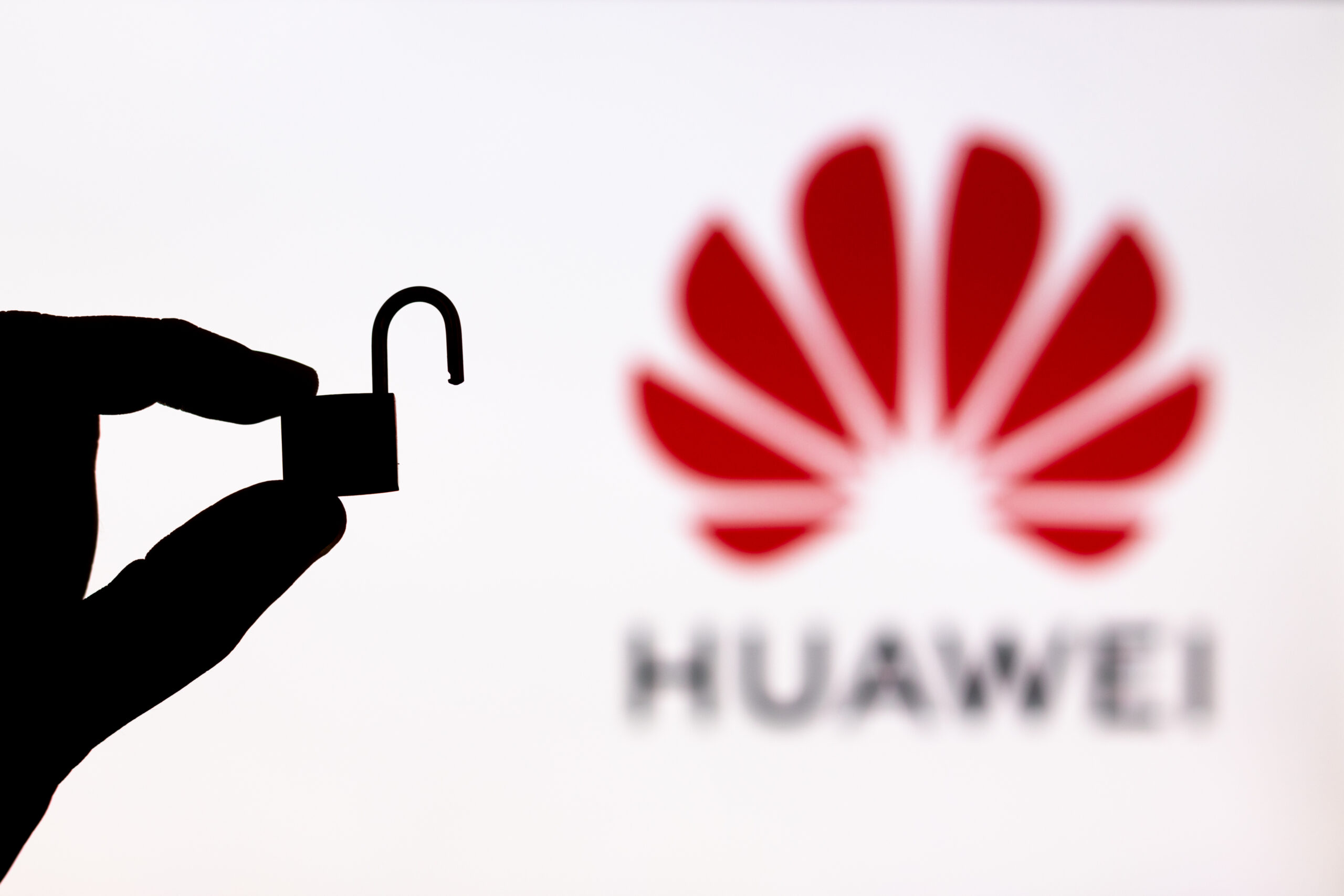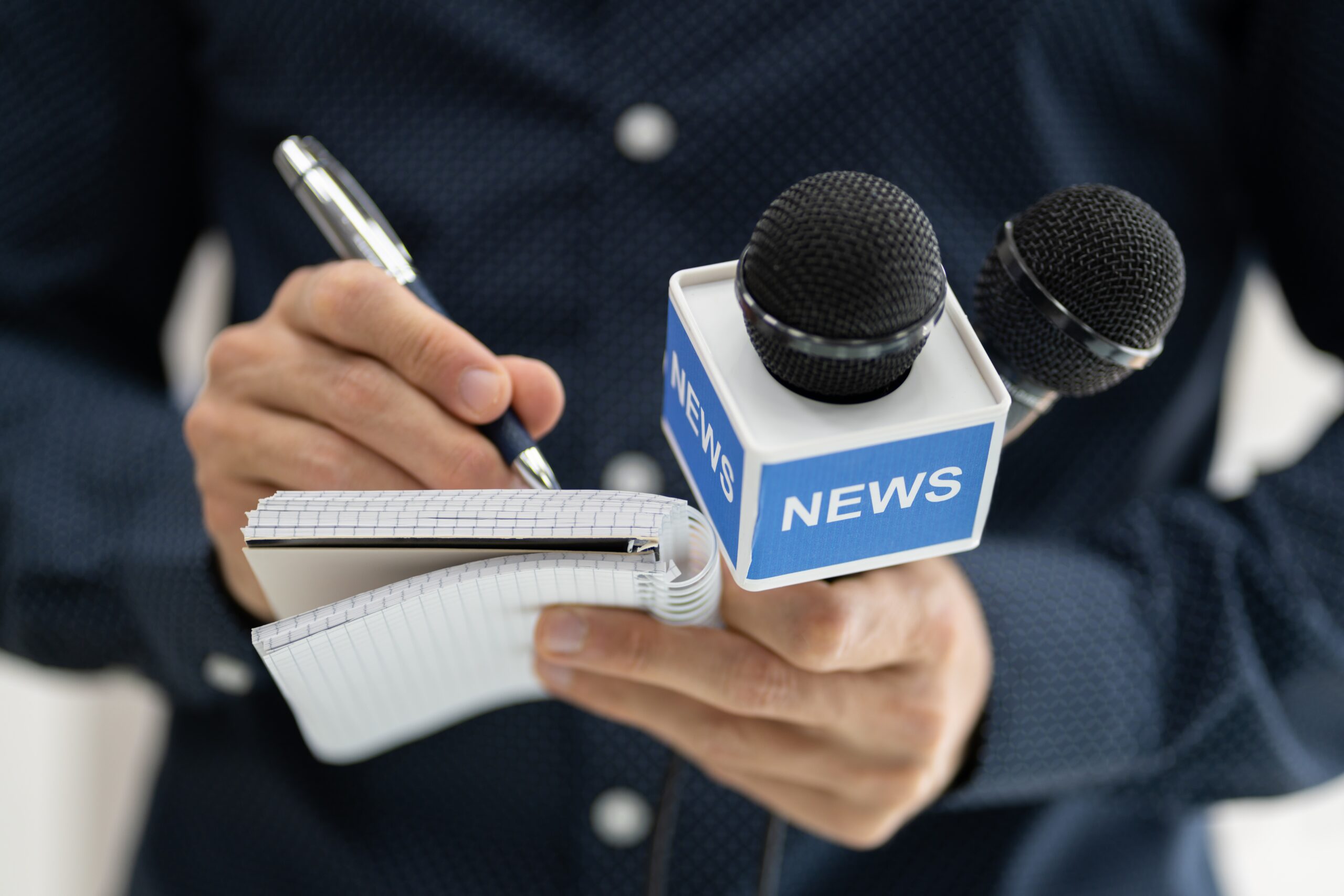Freedom of speech has always been at the heart of American democracy. For years, the United States has been a global symbol of human rights and free speech – a land where the press could openly criticise the government and expose large corporations’ affairs. This is just one of few reasons why the US has served as a model of true democracy for other countries around the world. However, this picture has started to change over time, bringing the question to the fore: does the concept of freedom of speech in the United States need to be rethought?
Formally, the freedom of speech in the US is protected by the First Amendment to the Constitution, but is this protection indeed absolute?
We can see that the freedom of speech has been increasingly challenged in the real political and media landscape in the country lately. For instance, on 17 September, the ABC of Disney Entertainment Television announced the suspension of the late-night show Jimmy Kimmel Live! “indefinitely” after its host made comments about the conservative activist Charlie Kirk’s death and criticised the subsequent actions of the Republican-led government during the show’s opening monologue earlier that week. Reactions in the media and from other show hosts were not long in coming, with many expressing solidarity with Kimmel.
This situation is just another confirmation of the increase of incursions on free speech in the country after the new government came into power. It also demonstrates that the scope for satire and criticism of politicians or sensitive topics is gradually narrowing, revealing the fragility of the American television industry.
In a democratic society, it is important to raise sensitive issues, even through humour, to give a voice to those who cannot discuss crucial matters behind closed doors in government institutions. This leads to the fact that the necessity to create protection mechanisms for journalists who face indirect political pressure increases.
Hightened weeks like this in the American media send a signal to the whole world that freedom of speech is not a guaranteed state of affairs, but a value that must be constantly defended. The future of press freedom in the United States depends only on the society, media companies and politicians, so will they be able to establish new guarantees for media independence and free speech? Only time will tell.


